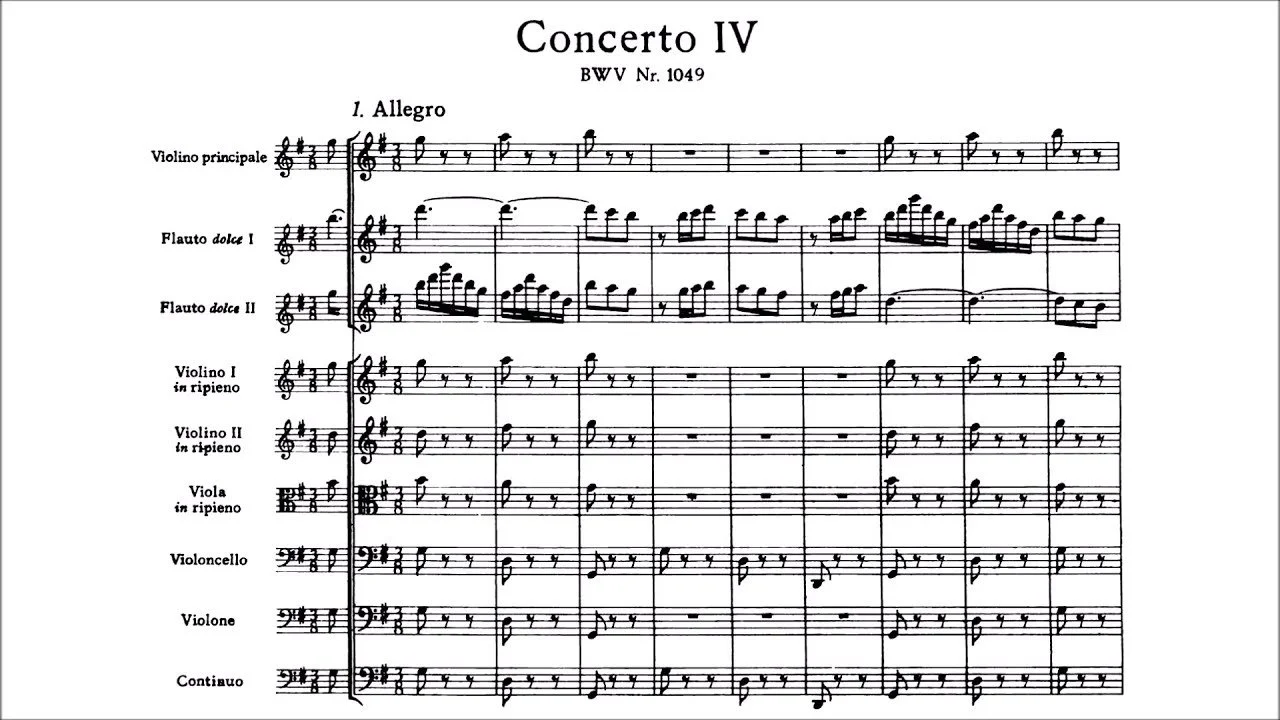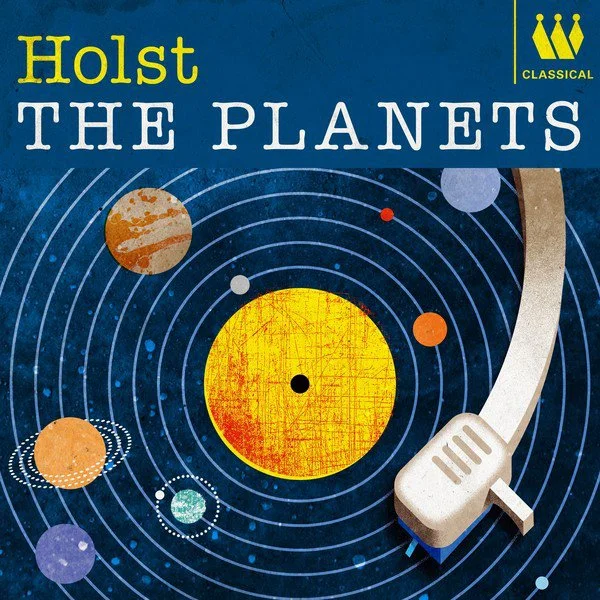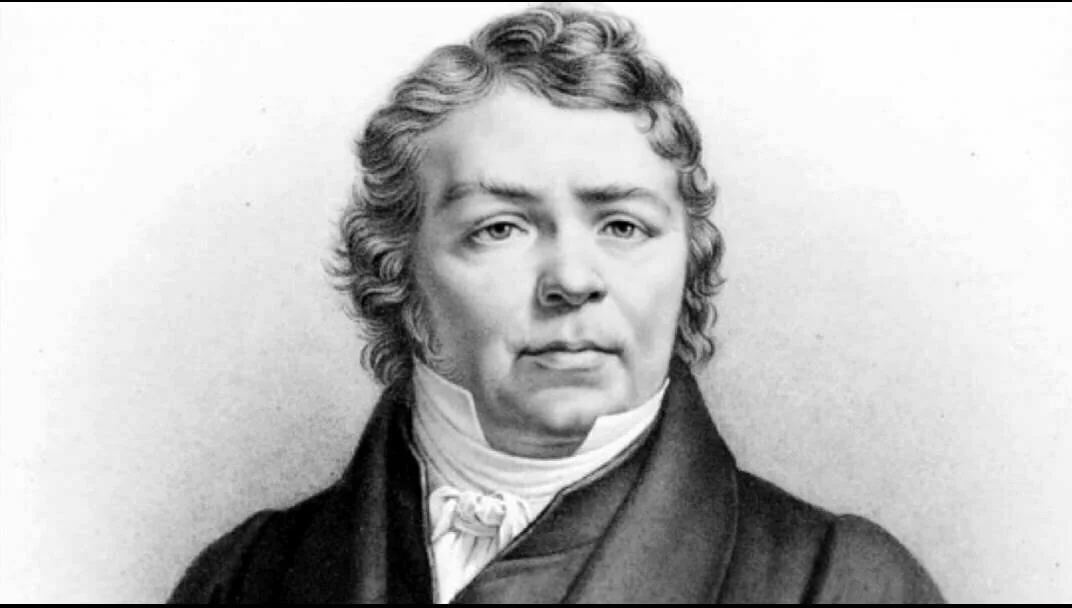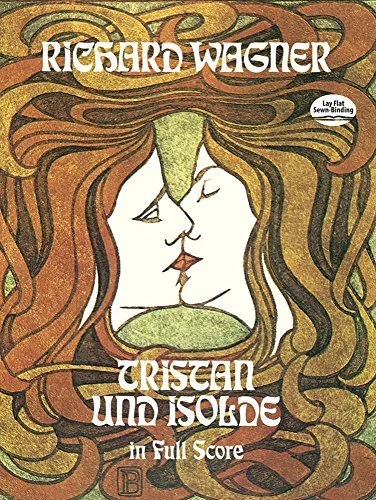
Of course, all six Brandenburg Concertos are “favorites,” but as a teenager, for some reason, I particularly loved Brandenburg 4. It might not have the virtuoso trumpet of Brandenburg 2 or the incredible harpsichord cadenza of Brandenburg 5, but it has the most delicate and delightful combination of 2 flutes (or recorders) and solo violin…

Even during Beethoven’s own time, the Pathétique was all the rage. Piano students demanded to learn it, even as their teachers scoffed at for its modern dissonance. What did I love about it? That it was dramatic, fierce, brilliant, and super expressive. Along with the Moonlight Sonata, the Pathétique experimented with dramatic sonic possibilities for the piano that set young Beethoven apart from his contemporaries.

In our classical music world, the movie Tár has generated powerful conversations. I watched it and was struck by similarities with Whiplash, another controversial film about musical genius run amok. I welcome your comments to this blog. I realize the topics I discuss are sensitive. Whether you agree or disagree with my ideas, I’m very interested to get your take on these two films!

The tragic prelude to Act III instantly plunges us into the dark realm towards obvlivion. The Tristan Progression is now funereal, an F minor plagal progression sounding impossibly deep in the strings. T This is what Richard Strauss imitated in Death and Transfiguration. This opening of deep gloom is the place Tchaikovsky went to for his Symphony Pathetique. Mahler as well hearkened to this Act III Tristan opening in his own sublime masterpiece, The Farewell, from Das Lied von der Erde. It is also music Wagner himself composed earlier in his song Im Treibhaus (In the Greenhouse) from his Wesendock Lieder, a song that imagines the drooping tall plants in sorrow of mortality.

The music of Act II in Tristan und Isolde is an achievement without parallel. The continuous love duets themselves comprise nearly 200 pages of score! In a single night, we witness an entire life-love relationship unfold as it works out deep emotional conflicts, contemplates the quest for transcendence beyond the contradictions of our existence, and arrives at a supreme state of bliss.












